Introduction to the snack (search) engine concept

Earlier this year, just before WWDC22 took place, rumors were trending about Apple launching a search engine. Same as the years before. According to Business Today, it may happen in January 2023 at the earliest. What’s interesting is the first step getting closer to it and it’s a perfect introduction to the snack engine concept.
Back in March 2021, Rand Fishkin published a study about zero-click searches. According to it, in 2020, searches ended with zero-click in 65% of cases.
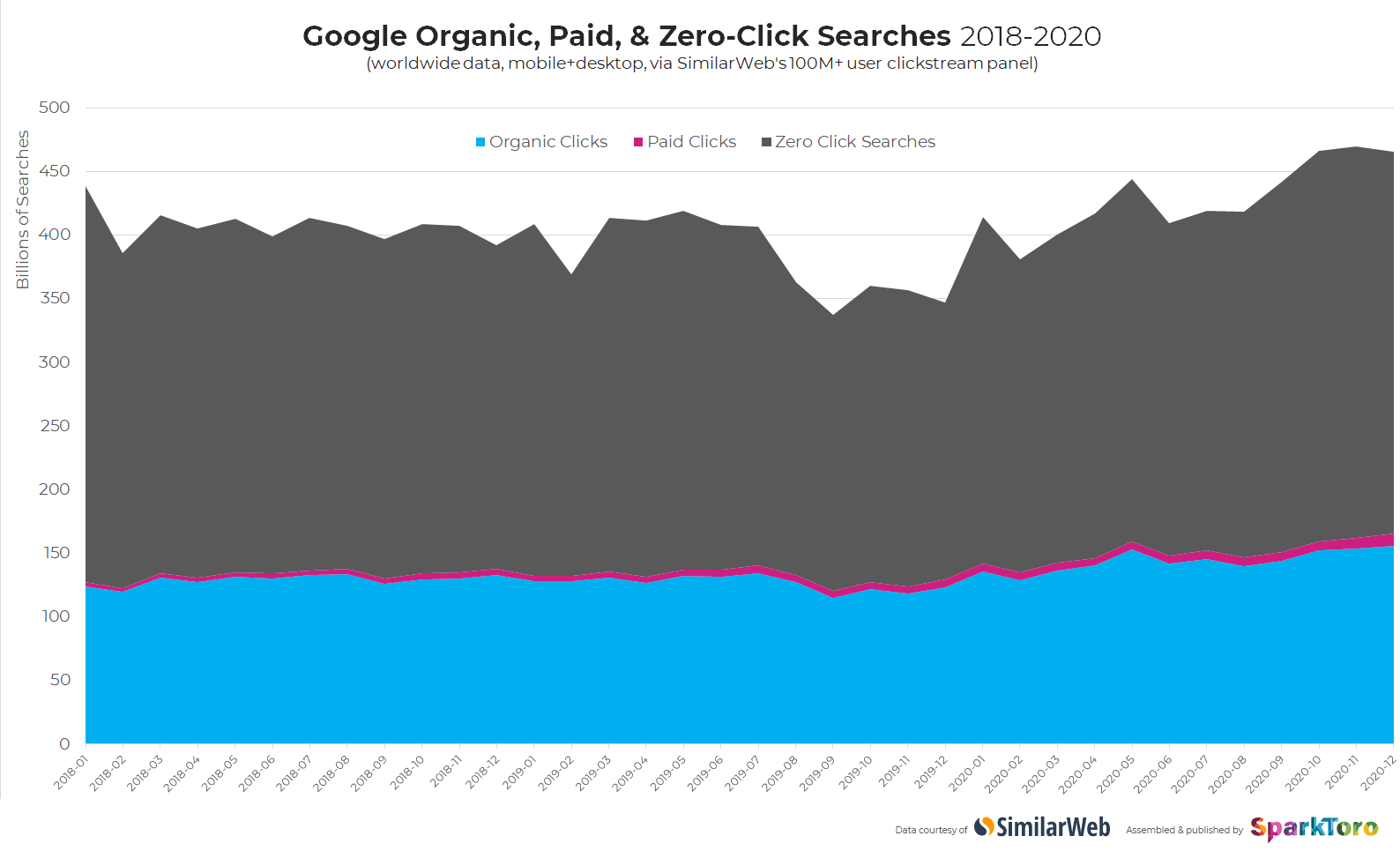
There’s a pattern here either you’re browsing on mobile or desktop.
What is a snack search engine?
Years ago, Larry Page described the perfect search engine as an answer engine; able to perfectly understand what you want and giving you back exactly what you want.
Our habits around search have changed, and so the SERP. Unless you look for a detailed answer, you get what you want just after having hit enter: information about a personality, breaking news, sport scores, recipes, historical dates, etc.
So you ask for an answer and Google gives you nuggets.
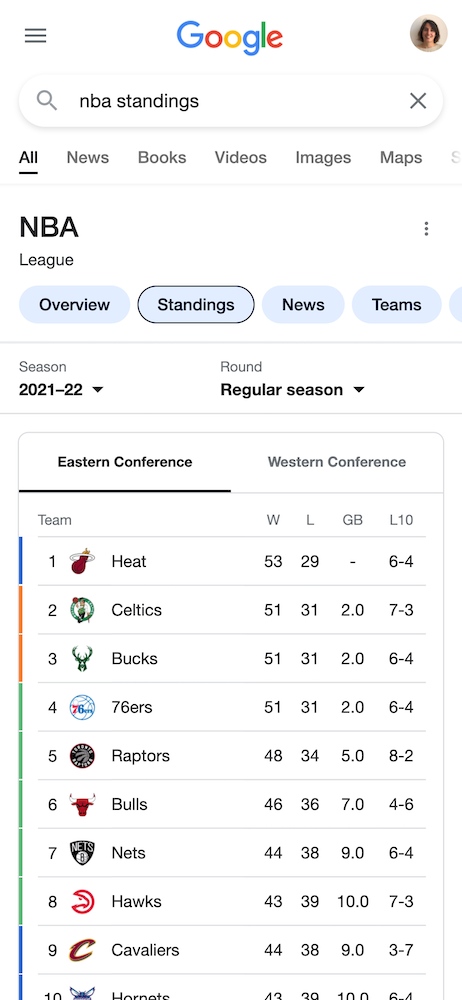
And that’s totally fine because as end users we want the answer to our question as fast as possible.
This is the definition of a snack search engine: pieces of answer you get after a search query that satisfy you enough for not having the need to click to access a more detailed answer.
For now, this is where Apple is going with its new Spotlight (available on macOS Ventura).
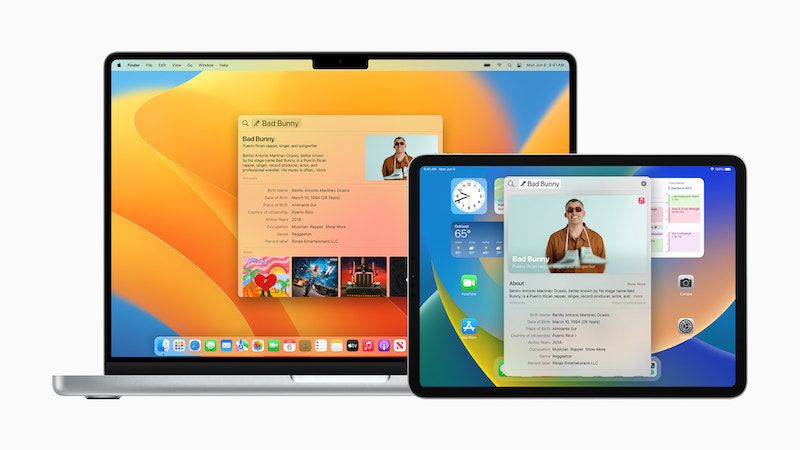
Apple gives you nuggets as well, also known as rich results.
Evolution of rich results and user search habits
Previously known as rich snippets, rich cards and enriched results, what we now called rich results (or nuggets for the cool kids) were introduced in 2009. They evolved since then to better answer search queries and they evolved through the years as user habits were changing too.

First, smartphones shaked a lot of things: device distribution as more and more users came from mobile, user experience (cookies consent, newsletter with coupon code, paywall… does that ring a bell? 🥲), accessibility and load times, responsive websites, etc.
And then (and now), it’s the way we consume the information that’s shaking the search ecosystem. Users do not rely on search engines to look for answers anymore.
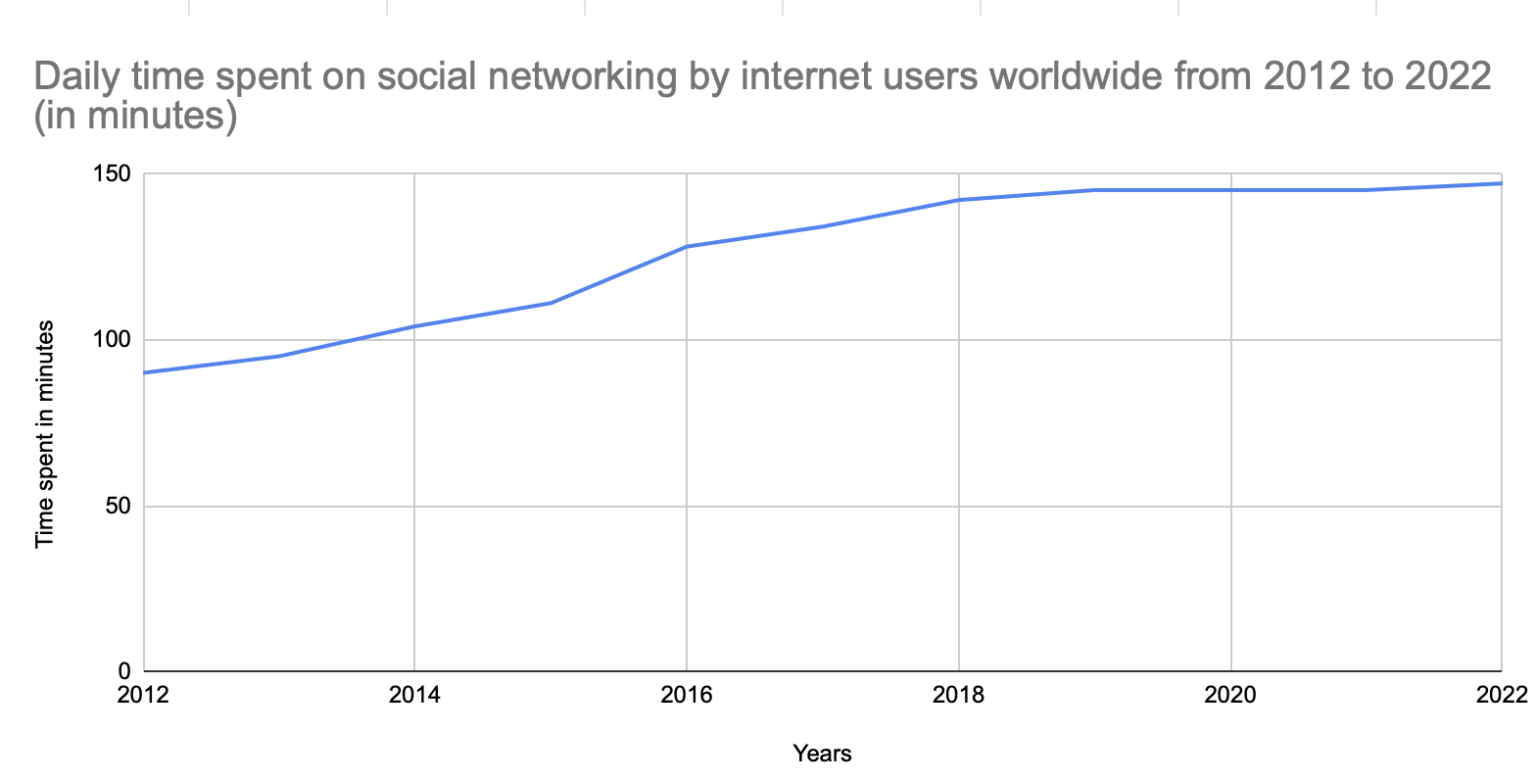
Answers, information as a whole, are now accessible on social media: videos, images, content. And that’s how and why SERPs evolve to offer the same kind of answers: snack search engine. The ability to give you exactly what you’re looking for in one touch.
You search for something, you get your answer. No need to go anywhere else (except of course for specific searches).
It’s even more true for Gen-Z that tend to rely more on social media to gather information rather than on search engines.
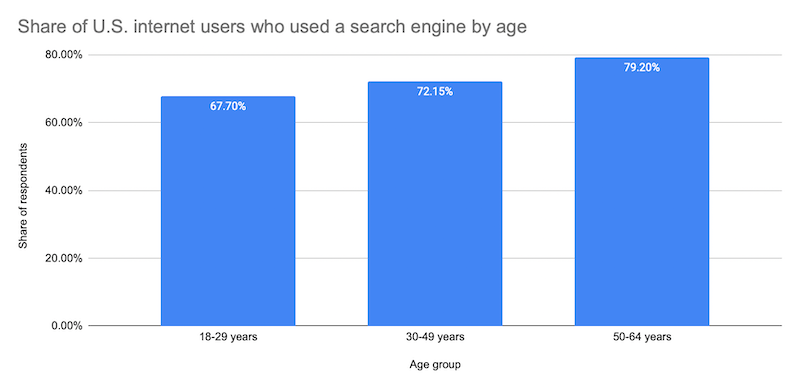
And so Google’s SERP evolve accordingly: making more room for videos, short and instant answers, etc.
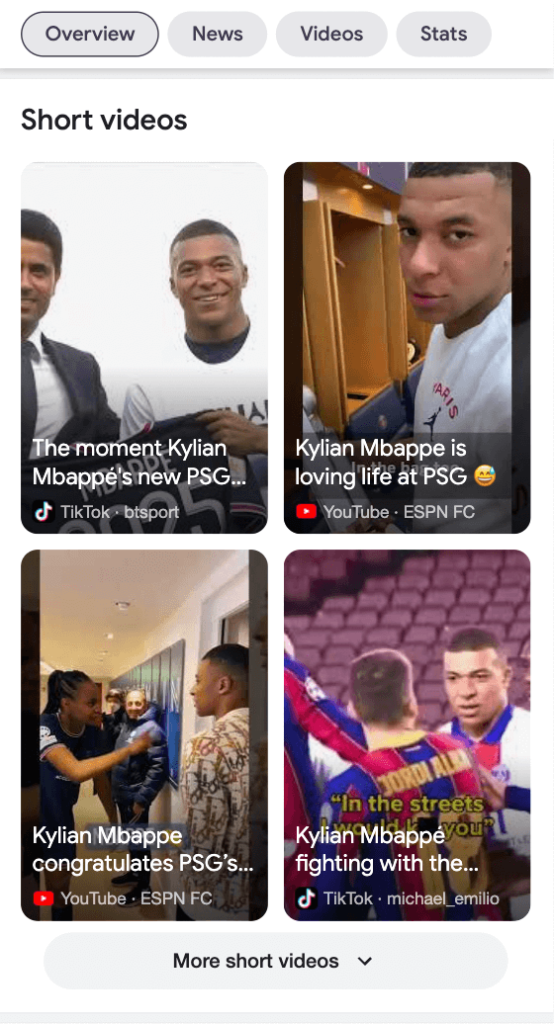
Here we are now, consuming the information in a whole new way. Audiences use multi-platforms for information purposes but with the same expectation: fast and short. Search engines need to adapt and they actually do because social media trends do not only influence people, they influence our information consumption and indirectly, they influence how search engine react to it.



Comments ()